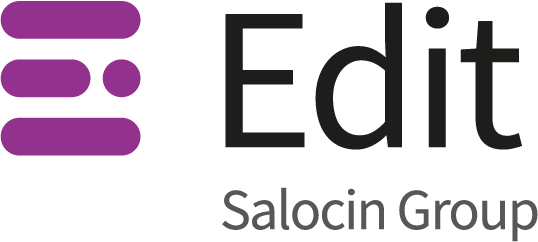We live in a world where I can say ‘Alexa- tell me which exotic locations I can explore on my own for less than £1,000 in Feb for 4-5 days?’, and have booked my holiday within a day.
No more searches, no visits to travel agents, no phone calls, no separate visits to review sites.
But hang on.
Alexa is not the brain, it is merely an assistant who follows instructions. So, how does Alexa know about my preferences?
It’s because Alexa is powered by Data Science algorithms which analyse my past behaviour – what type of holiday I’ve gone on, what parts of the world I have explored, what type of hotel I have stayed in and liked, which location and what type of food I like to eat.
This way, the intelligent data science algorithms do the hard work to make holiday recommendations that are highly personalised taking into consideration all my past habits and preferences.
Travel companies need personalised recommender system
The travel industry is at a stage where it needs to make customer experience delightful and recommendations highly personal and this can only be done through the intelligent use of data.
The industry needs a highly personalised recommendation system.
It requires predictive analytics and machine learning technologies to help better understand customer needs and match this knowledge to possible products and services on an individual basis. Most travel companies are at a stage where they use customer segments based on behavioural, attitudinal and demographic similarities in order to generate their recommendations. But, the world of data science has moved on, and machine learning has the capability to allow travel companies to serve unique and tailored recommendations to each individual customer, based on harnessing unique data rather than segments.
Only a handful, Kayak being one of them, are deploying predictive analytics and recommendation engines at a truly personal level.
This type of true personalisation should represent a significant business priority for travel companies and the technologies available now have made this far more feasible.
The benefits or personalised recommendations
By providing the most valuable and relevant travel options, the likelihood of bookings and booking rates go up significantly thereby maximising revenues and profits for travel providers
Personalised options can also help cut the average consideration cycle of 3-6 months dramatically thereby reducing the media costs of chasing the customer during a long decision cycle.
Customer Satisfaction at the time of booking goes up as customers have booked the holiday they want without spending lots of time searching
The data available on customers also helps to service these customers while on holiday and feeds into the service strategy and experience while they are on holiday
In the longer term, all this helps to improve customer loyalty
The challenge
‘Alexa – How can I develop a personalised recommendation engine?’. ‘Sorry, I don’t understand what you mean’. This is where Alexa hasn’t got a clue and goes totally blank.
While, there are several operational challenges in terms of data collection infrastructure, tools, technology, skill sets required to analyse the data, the marketing execution systems and the team required to deploy the insights generated; the main challenge is more strategic; which is to create a data culture which requires senior stakeholders to buy-into data science as a way of doing things not a thing to do.
Travel companies needs to be built or reshaped around data, incorporating it at every stage.
Once this is the vision and direction of the leadership and senior stakeholders, all operational challenges can be overcome in due course paving the way for the development of the personalised recommender system.
While it might sound an uphill task, various travel companies are already well into this cultural change and the ones that aren’t are in a danger of being left behind.
We’re not far from where travel companies will know about the customer’s preferences better than the customers themselves – and data science will be the catalyst to make it happen.
So let’s embark on this journey of getting to truly personalised recommendations in 2018
In order to find out how Edit can help you develop a personalised recommendation engine, please contact us.










